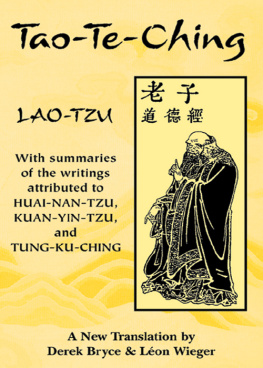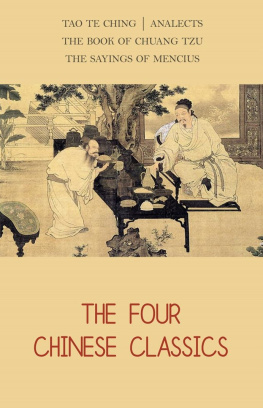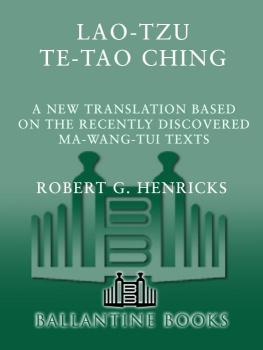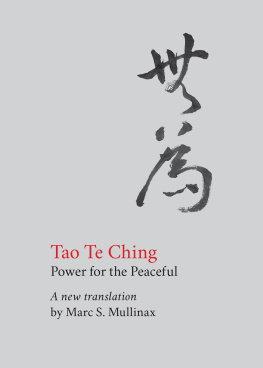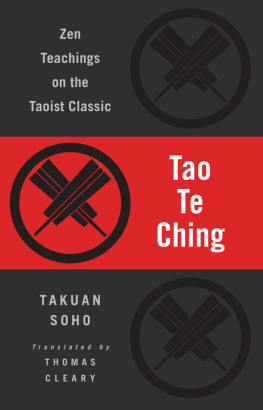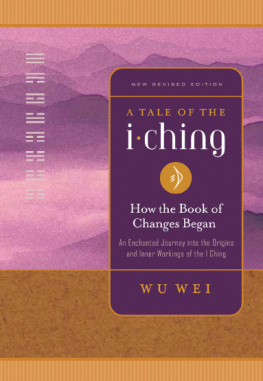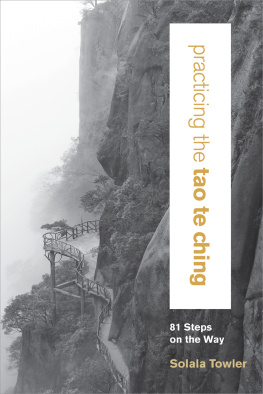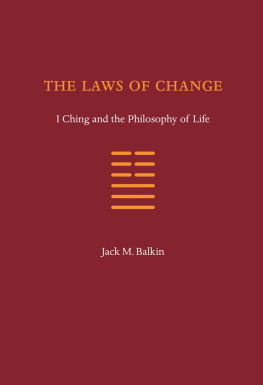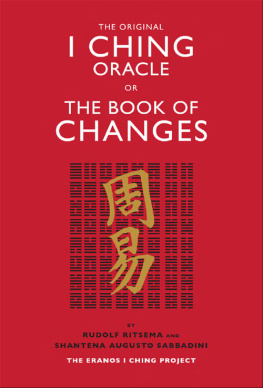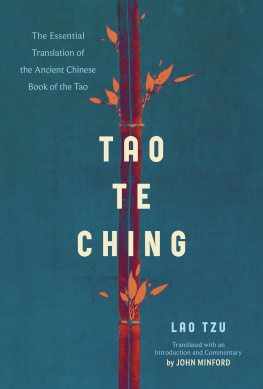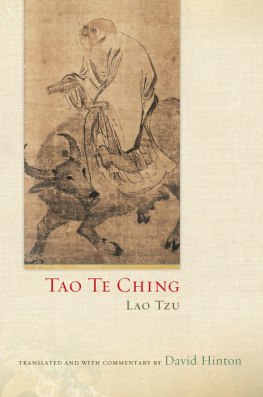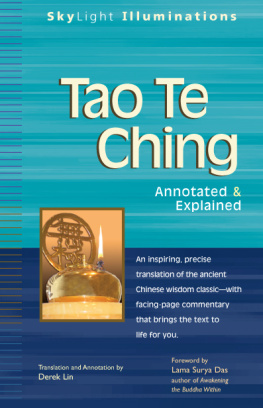Lao Tzu - Tao-Te-Ching: With summaries of the writings attributed to Huai-Nan-Tzu, Kuan-Yin-Tzu and Tung-Ku-Ching
Here you can read online Lao Tzu - Tao-Te-Ching: With summaries of the writings attributed to Huai-Nan-Tzu, Kuan-Yin-Tzu and Tung-Ku-Ching full text of the book (entire story) in english for free. Download pdf and epub, get meaning, cover and reviews about this ebook. year: 1999, publisher: Weiser Books, genre: Religion. Description of the work, (preface) as well as reviews are available. Best literature library LitArk.com created for fans of good reading and offers a wide selection of genres:
Romance novel
Science fiction
Adventure
Detective
Science
History
Home and family
Prose
Art
Politics
Computer
Non-fiction
Religion
Business
Children
Humor
Choose a favorite category and find really read worthwhile books. Enjoy immersion in the world of imagination, feel the emotions of the characters or learn something new for yourself, make an fascinating discovery.
- Book:Tao-Te-Ching: With summaries of the writings attributed to Huai-Nan-Tzu, Kuan-Yin-Tzu and Tung-Ku-Ching
- Author:
- Publisher:Weiser Books
- Genre:
- Year:1999
- Rating:3 / 5
- Favourites:Add to favourites
- Your mark:
Tao-Te-Ching: With summaries of the writings attributed to Huai-Nan-Tzu, Kuan-Yin-Tzu and Tung-Ku-Ching: summary, description and annotation
We offer to read an annotation, description, summary or preface (depends on what the author of the book "Tao-Te-Ching: With summaries of the writings attributed to Huai-Nan-Tzu, Kuan-Yin-Tzu and Tung-Ku-Ching" wrote himself). If you haven't found the necessary information about the book — write in the comments, we will try to find it.
Originally translated into French by Leon Wieger, the 1913 edition was published as Les Peres du Systeme Taoiste. Wieger was recognized by the great Orientalist, Ananda Coomaraswamy, as one of the handful of Western Orientalists who truly understood Chinese philosophy. Derek Bryce now brings Wiegers French into English. His translation demonstrates a conscious commitment to both the original Chinese text and the profound insights of Wiegers work. To this edition, Bryce adds summaries of the writings attributed to three other Taoists -- Huai-Nan-Tzu, Kuan-Yin-Tzu, and Tung-Ku-Ching -- from Wiegers Histoire des Croyances et des Opinions Philosophiques en Chine (1917). The Wieger-Bryce translation offers the reader new insights into the eternal wisdom of the Tao-Te-Ching.
Lao Tzu: author's other books
Who wrote Tao-Te-Ching: With summaries of the writings attributed to Huai-Nan-Tzu, Kuan-Yin-Tzu and Tung-Ku-Ching? Find out the surname, the name of the author of the book and a list of all author's works by series.

